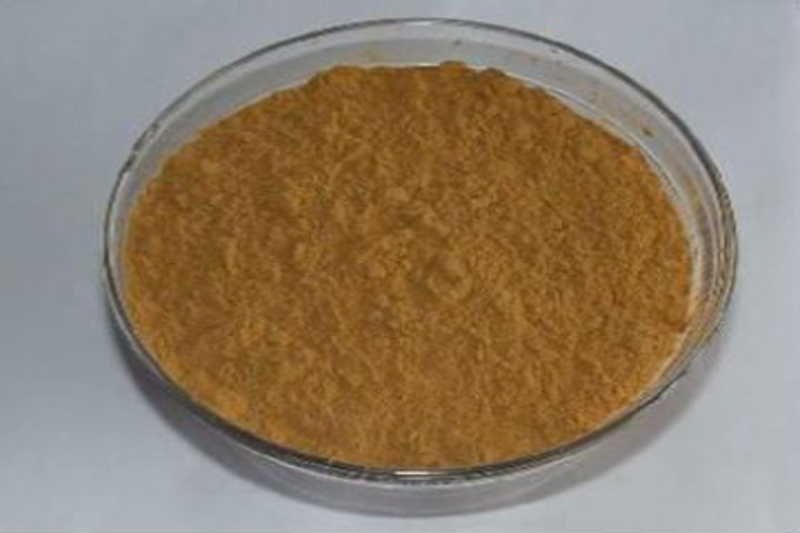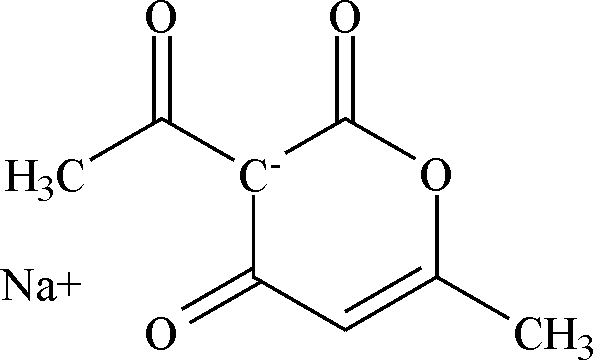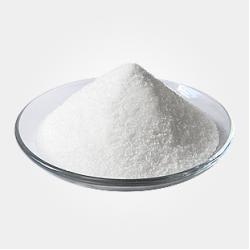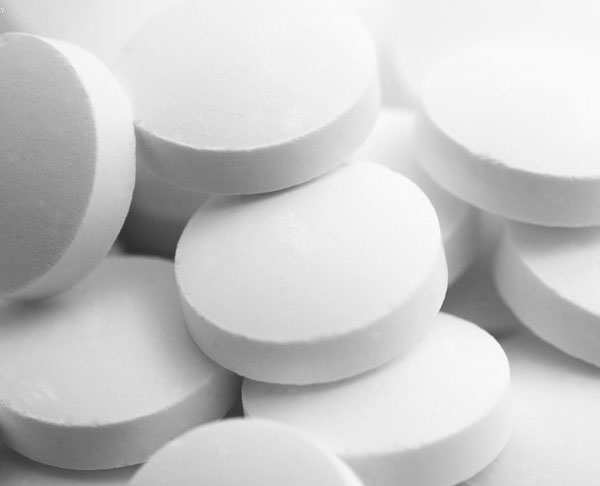Tetrapotassium Pyrophosphate (TKPP) is a potassium salt of phosphoric acid manufactured from Dipotassium Phosphate, available as white powder. It’s widely used as buffering agent, emulsifier, dispersing agent and thickening agent in food production in food production for its modify proteins enabling them to solubilize and retain moisture during storage.
Is Tetrapotassium Pyrophosphate (TKPP) gluten free?
Yes. Tetrapotassium Pyrophosphate (TKPP) is gluten free and widely used in gluten free food to provide longer shelf-life to processed food.
Why is Tetrapotassium Pyrophosphate (TKPP) gluten free?
To answer this question, we need to clarify another question: what is gluten. Gluten is protein composite found in wheat and related grains, including barley and rye. (Wikipedia) First, gluten is a protein. Second, gluten is mainly found in wheat and related grains. As we mentioned before, Tetrapotassium Pyrophosphate (TKPP)is a potassium salt of phosphoric acid which is significantly different from protein. Raw materials used in manufacturing of Tetrapotassium Pyrophosphate (TKPP) are chemical compound; Tetrapotassium Pyrophosphate (TKPP) barely includes gluten impurity. So, Tetrapotassium Pyrophosphate (TKPP) is gluten free.
How is Tetrapotassium Pyrophosphate (TKPP) used in gluten free food?
Tetrapotassium Pyrophosphate (TKPP) is widely used in food production to provide longer shelf-life to processed food. Tetrapotassium Pyrophosphate (TKPP) is usually used in processed food rather than daily recipe.
Why should you go Gluten free?
Celiac disease: Celiac disease is an autoimmune disease that attacks the small intestine due to the presence of gluten, for which a gluten-free diet is the only medically-accepted treatment. In 2009 research showed between 0.5 and 1.0 percent of people in the US and UK are sensitive to gluten due to celiac disease. So people with Celiac disease have to stick to gluten free diet to avoid unexpected side effect caused by consumption of gluten.
Non-celiac gluten sensitivity: Some people may be sensitive to gluten but do not have celiac disease and feel better on a diet with less gluten. However, there are no specific symptoms confirmed. Non-celiac gluten sensitivity also drives more people to gluten free diet when people believe that they feel better when eating gluten free.





